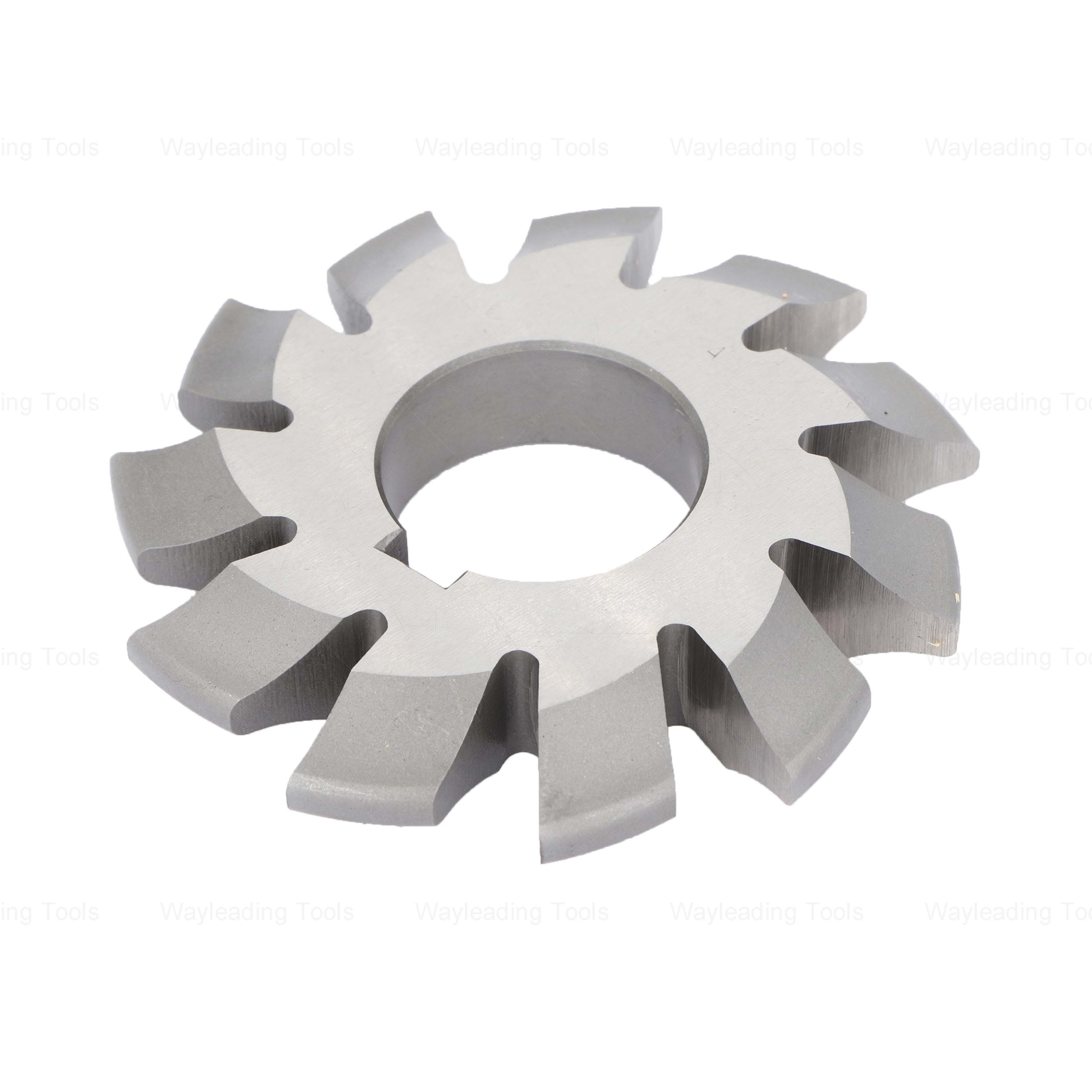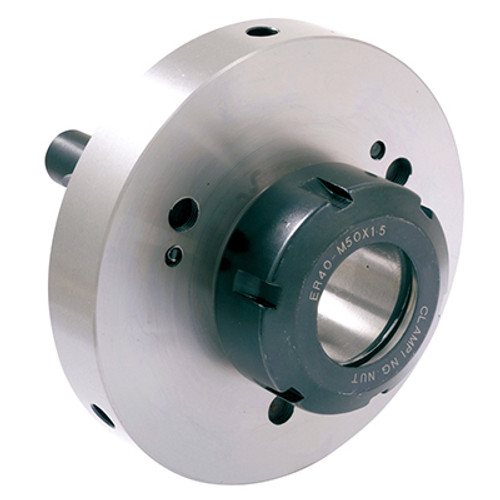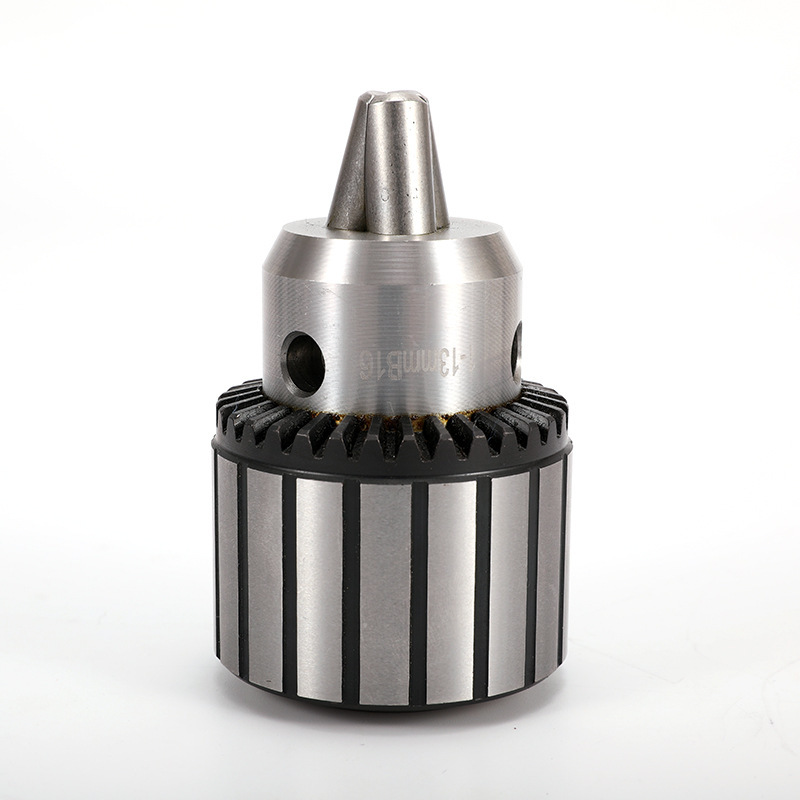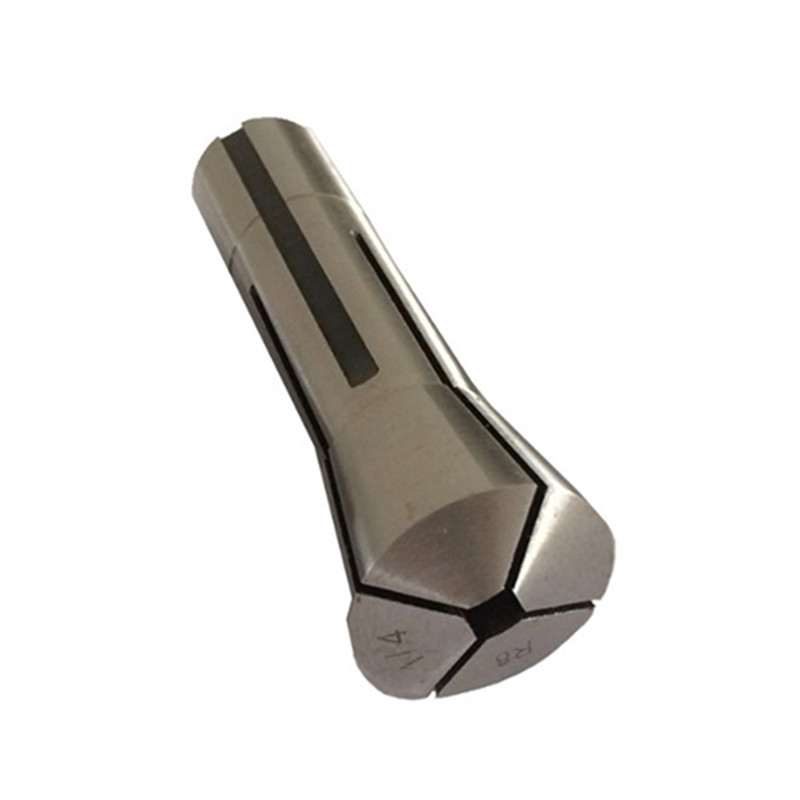collet block Factories
Collet blocks are essential tools in machining, providing a precise and secure way to hold workpieces. Finding the right collet block factory is crucial for ensuring quality, consistency, and cost-effectiveness. This guide explores the key considerations when selecting a collet block factory, helping you make an informed decision for your machining needs. We'll cover factors like material quality, manufacturing capabilities, customization options, and quality control processes.
Understanding Collet Blocks and Their Applications
Collet blocks are specialized holding devices used in various machining operations, including milling, drilling, tapping, and grinding. They provide a rigid and accurate clamping force, ensuring the workpiece remains securely in place throughout the machining process.
Types of Collet Blocks
- Square Collet Blocks: Ideal for holding square or rectangular workpieces.
- Hex Collet Blocks: Designed for hexagonal stock.
- Round Collet Blocks: Used for holding round stock.
- ER Collet Blocks: Compatible with ER collets, offering a wide range of clamping diameters.
- 5C Collet Blocks: A popular standard for precision machining.
Applications of Collet Blocks
- Milling: Securely holding workpieces during milling operations.
- Drilling: Providing stability and accuracy for drilling holes.
- Tapping: Ensuring precise thread cutting.
- Grinding: Holding workpieces during precision grinding.
- Inspection: Facilitating accurate inspection of machined parts.
Key Considerations When Choosing a Collet Block Factory
Material Quality
The material used in manufacturing collet blocks directly affects their durability, accuracy, and lifespan. Look for factories that use high-quality materials like hardened steel or alloy steel.
- Hardened Steel: Offers excellent wear resistance and dimensional stability.
- Alloy Steel: Provides increased toughness and resistance to deformation.
Wayleading Tools prioritizes the use of high-quality materials in our collet blocks, ensuring long-lasting performance and reliability. Explore our range of collet blocks to find the perfect solution for your needs.
Manufacturing Capabilities
A reputable collet block factory should possess advanced manufacturing equipment and techniques to ensure precision and consistency. This includes CNC machining, grinding, and heat treatment processes.
Customization Options
Depending on your specific needs, you may require custom collet blocks with specific dimensions or features. Choose a factory that offers customization options and has the expertise to meet your requirements.
For example, if you require a specific bore size, thread type, or surface finish, a good collet block factory should be able to accommodate your needs.
Quality Control Processes
Rigorous quality control processes are essential to ensure the accuracy and reliability of collet blocks. Look for factories that employ inspection procedures throughout the manufacturing process, including material inspection, dimensional verification, and functional testing.
A factory with ISO 9001 certification demonstrates a commitment to quality management and consistent product quality.
Pricing and Lead Times
While quality is paramount, pricing and lead times are also important considerations. Obtain quotes from multiple factories and compare their pricing, lead times, and minimum order quantities.
Factory Reputation and Experience
Choose a collet block factory with a proven track record of delivering high-quality products and excellent customer service. Check online reviews and ask for references to assess the factory's reputation and experience.
Finding the Right Collet Block Factory: A Step-by-Step Guide
- Define Your Requirements: Determine the type, size, and quantity of collet blocks you need.
- Research Potential Factories: Search online directories and industry publications to identify potential factories.
- Evaluate Manufacturing Capabilities: Assess the factory's equipment, processes, and expertise.
- Check Material Quality: Inquire about the materials used in manufacturing collet blocks.
- Assess Quality Control Processes: Determine the factory's inspection procedures and certifications.
- Request Quotes and Lead Times: Obtain quotes from multiple factories and compare their pricing and lead times.
- Check Reputation and Experience: Read online reviews and ask for references.
- Visit the Factory (Optional): If possible, visit the factory to assess its facilities and operations firsthand.
- Place Your Order: Once you have selected a factory, place your order and specify your requirements.
Common Problems and Solutions with Collet Blocks
Even with high-quality collet blocks, issues can arise. Here's a look at common problems and potential solutions:
| Problem | Possible Solution |
|---|---|
| Slippage of Workpiece | Ensure the collet is properly tightened. Check the collet and collet block for wear or damage. Use a collet with the correct size for the workpiece. |
| Inaccurate Machining | Verify the collet block is properly aligned and mounted. Check the collet for runout. Ensure the workpiece is clean and free of debris. |
| Damage to Collet or Collet Block | Avoid overtightening the collet. Use the correct tightening torque. Regularly clean and lubricate the collet and collet block. |
Conclusion
Choosing the right collet block factory is a critical decision that can impact the quality, efficiency, and cost-effectiveness of your machining operations. By carefully considering the factors outlined in this guide, you can find a reliable partner that meets your specific needs and helps you achieve your machining goals. Remember to prioritize quality, manufacturing capabilities, customization options, and quality control processes. Contact a reputable supplier like Wayleading Tools today to discuss your collet block requirements and find the perfect solution for your application.
Related products
Related products
Best selling products
Best selling products-
 Auto Self Reversible Tapping Chuck In Drill Machine
Auto Self Reversible Tapping Chuck In Drill Machine -
 HSS Involute Gear Cutters – Module Type, PA 20° / 14.5°
HSS Involute Gear Cutters – Module Type, PA 20° / 14.5° -
 HSS Inch Screw Slotting Saws For Industrial With Bright Or TiN Coated
HSS Inch Screw Slotting Saws For Industrial With Bright Or TiN Coated -
 Camlock ER Collet Fixture With Lathe Collet Chuck
Camlock ER Collet Fixture With Lathe Collet Chuck -
 Type H Flame Tungsten Carbide Rotary Burr
Type H Flame Tungsten Carbide Rotary Burr -
 Type J-60 Degree Cone Tungsten Carbide Rotary Burr
Type J-60 Degree Cone Tungsten Carbide Rotary Burr -
 DIN4971-ISO1 Carbide Tipped Tool Bit With Right And Left Hand
DIN4971-ISO1 Carbide Tipped Tool Bit With Right And Left Hand -
 Type K-90 Degree Cone Tungsten Carbide Rotary Burr
Type K-90 Degree Cone Tungsten Carbide Rotary Burr -
 Inch HSS Step Drills with Straight Flute
Inch HSS Step Drills with Straight Flute -
 5C Hex Collet With Inch and Metric Size
5C Hex Collet With Inch and Metric Size -
 Precision 7pcs Angle Blocks Set With High Quality Type
Precision 7pcs Angle Blocks Set With High Quality Type -
 Outside Micrometer Set Of Inch & Metric With Rachet Stop
Outside Micrometer Set Of Inch & Metric With Rachet Stop











